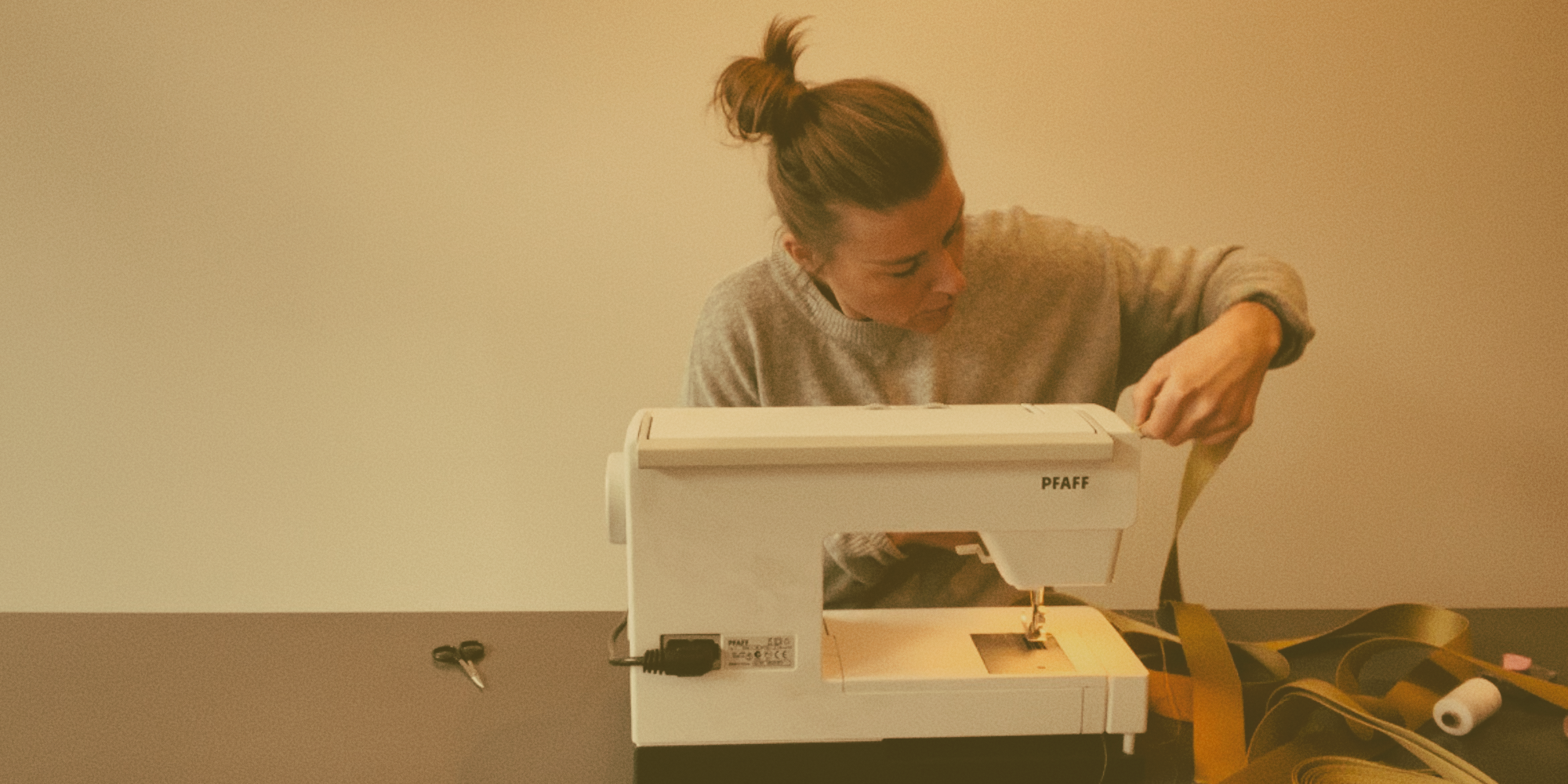
Advantages and disadvantages of co-sleeping
Co-sleeping - sleeping together with your child - is a subject that divides the waters. Some parents swear by it, while others prefer to let their children sleep in their own bed. And then there are those who
In this article, we'll take a closer look at the pros and cons of co-sleeping so you can make the best decision for you and your family.
The benefits of co-sleeping
- It gives the child a sense of calm and security
One of the biggest advantages of co-sleeping is the sense of security and peace that sleeping together gives both the child and the parents. When the child has his parents or siblings close to him, he can feel safe and protected. Hearing and feeling your presence can be calming for the child, and it can make it easier for the child to settle down at bedtime.
- It can be practical if the child needs to be breastfed or comforted at night
Co-sleeping can also be practical, especially if the baby needs to be nursed or comforted at night. By sharing a bed with the child, you as parents can easily respond to the child's needs without having to get up and leave the bed yourself. This can contribute to more coherent sleep for both parents and child. In other cases, co-sleeping will have a negative impact on sleep quality, which we will get into more later.
- It creates a closer bond between parent and child
Co-sleeping can help create a closer relationship between parents and child. The increased physical and mental presence can strengthen the bond between you and allow for more quality time together. This can be particularly valuable in a busy everyday life, where daytime hours do not always allow so much closeness.
- It is cozy and comfortable
Another advantage of co-sleeping is the cozy and comfortable atmosphere it can create. Waking up next to your child, who is smiling and comfortable, gives a very special feeling in the body. It can also be nice to have the child close at bedtime and experience the togetherness as a family.
The disadvantages of co-sleeping
- This can potentially result in a poorer night's sleep
One of the biggest disadvantages of co-sleeping is that it can potentially reduce the quality of sleep for both parent and child. Many people in one bed can create restlessness and difficulty falling asleep, and some parents - especially mothers - can be subconsciously so alert that they react to even the smallest sounds and movements.
In order to be able to sleep safely and undisturbed when co-sleeping, it is recommended to buy a sufficiently large bed. Furthermore, everyone should have their own duvet.
- It can affect the relationship negatively
Co-sleeping can also have a negative impact on the relationship. It can be difficult to find time for each other when the children's needs often come first. It is therefore important to find a balance between meeting the child's needs and maintaining a healthy and satisfying relationship or marriage. Here it is important that both parents are allowed to express themselves and that you jointly find a solution that both parties are satisfied with.
Conclusion – is co-sleeping a go or a no-go?
There is no one right way to do it, and the most important thing is to find a solution to your sleeping situation that works best for you as a family.
We encourage you to read the Danish Health Authority's advice for safe sleep, which emphasizes that the safest place for an infant to sleep is in its own bed in the same room as the parents. Note that co-sleeping also covers sleeping in separate beds, as long as it is in the same room. Co-sleeping therefore does not necessarily have to take place in the same bed, if you are most comfortable lying in each of yours.








